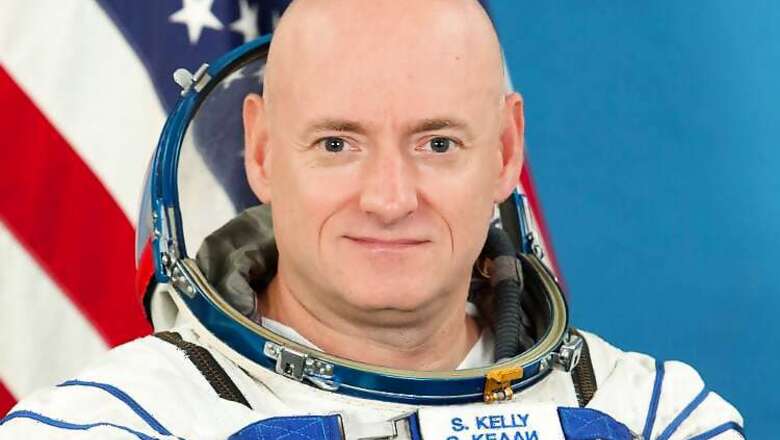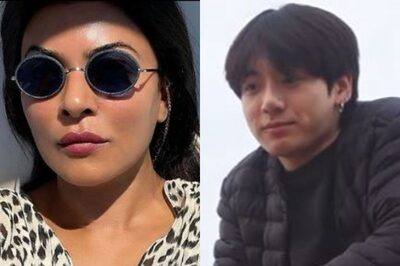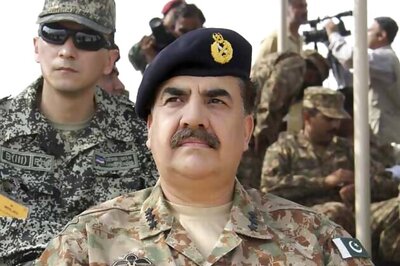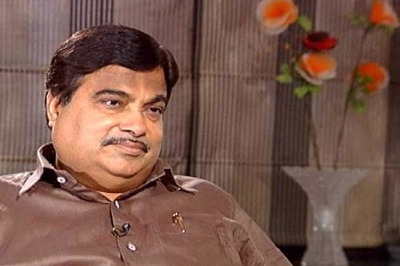
views
Washington: NASA astronaut Scott Kelly, who recently completed a year-long mission on the International Space Station (ISS) during his 20-year-long association with the US space agency, retired on Friday.
The veteran astronaut said goodbye to his illustrious career with the US record for most cumulative time in space - 520 days.
He will continue to participate in the ongoing research related to his one-year mission, providing periodic medical samples and supporting other testing in the same way his twin brother and former astronaut Mark Kelly, made himself available for NASA's twins study.
“The year-in-space mission was a profound challenge for all involved, and it gave me a unique perspective and a lot of time to reflect on what my next step should be," Kelly said in a statement.
According to him, the view of rainbow-hued Himalayan lakes and steady work helped him stay sane during the ISS stay.
Kelly said he was "humbled and excited by new opportunities" for him that support the work NASA is doing to help people travel farther into the solar system.
Kelly joined the astronaut corps in 1996 and flew in space four times. He completed a 340-day mission aboard the International Space Station earlier this month, the longest continuous stay in space for an American astronaut.
"Scott's contributions to NASA are too many to name," said Brian Kelly, director of Flight Operations at NASA's Johnson Space Centre in Houston.
"In his year aboard the space station, he took part in experiments that will have far-reaching effects, helping us pave the way to putting humans on Mars and benefiting life on Earth,” Brian added.
“When we do things that are really hard, we can achieve great things - and that has worked as a great model for me," Scott said in the recent interview.
"#ThankYou, @NASA! It's been an incredible 20 years! #YearInSpace," Kelly tweeted.
Kelly's identical twin brother Mark is also still being tested. Mark stayed on the ground during Scott's one-year mission in space.
The researchers are comparing the twin brothers to find any genetic changes that space-time induced in Scott.




















Comments
0 comment